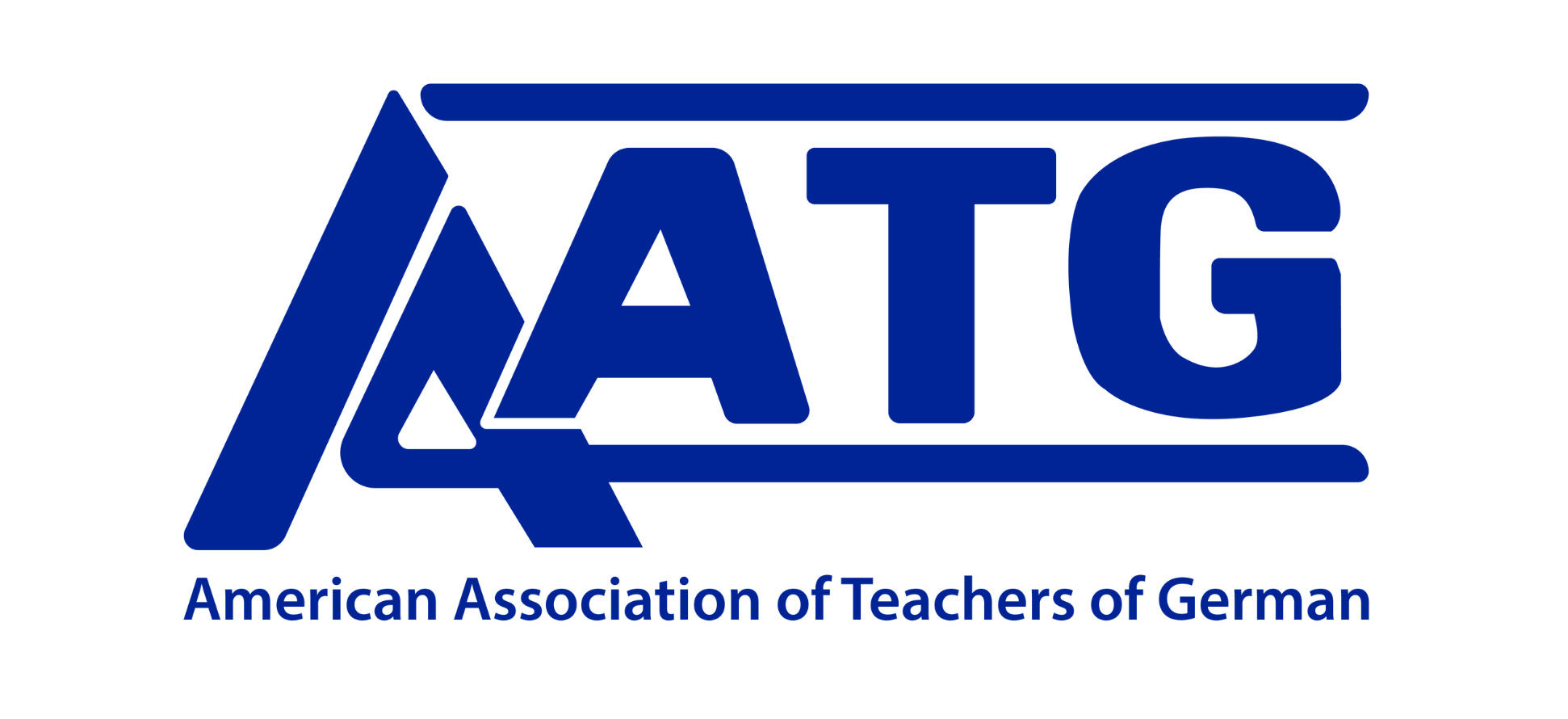Call for Papers: Commemorating AATG’s Centennial in 2026
Commemorating AATG’s Centennial in 2026: Looking Back and Looking Forward
CALL FOR PAPERS
PROPOSED EDITED VOLUME to be published in 2027
On December 18, 1926, a first meeting of German teachers took place in New York where officers were elected, and the American Association of Teachers of German was born. In 2026, we will be celebrating the 100th year anniversary of our organization’s founding and need your help in developing content and contributing chapters!
We are envisioning approximately eight sections, with chapters addressing different aspects of AATG’s history. The following outline is flexible and additional suggestions for chapter foci are welcome!
- Institutional History of the AATG: Before the AATG (Nationaler Deutsch-Amerikanischer Lehrerbund, Monatshefte), 1870–1918; AATG, 1926–1945; AATG, 1945–1989; AATG, 1989–present; AATG chapters
- AATG’s Mission of Teaching and Learning German: The context of teaching German in the US; German teacher education; professional learning of German teachers; study abroad; textbooks; materials development; online teaching; AATG and the job market; advocating for German; language standards
- The AATG and Primary and Secondary Education: Enrollment trends; preparing and accrediting German teachers; the bilingual and immersion school movement; materials for younger learners; Sprach- and Samstagsschulen; summer immersion camps
- The AATG and Higher Education: Enrollment trends (majors/minors); community colleges; four-year colleges and universities; small German departments; the undergraduate German curriculum; graduate programs; preparing the future professoriate
- The Journals of the AATG: Research and the AATG; The German Quarterly; Die Unterrichtspraxis/Teaching German; AATG newsletters
- Diversity, Equity, and Inclusion: Diversity initiatives; gender and the AATG; the AATG’s Jewish roots; the AATG and Black Studies; the AATG and LGBTQ+; FL-A-CH; neurodiversity and dis/ability; the AATG and White Supremacists; additional chapters welcome
- The AATG and its Professional Partners: MLA; NFMLTA; ACTFL; JNCL-NCLIS; WiG; GSA; DAAD; the Goethe-Institut; AAUSC; IDV
- The AATG and Cultural Exchange: The Federal Republic of Germany; the German Democratic Republic; Austria, Switzerland, Liechtenstein
In line with AATG’s longstanding commitment to collaboration, each contribution should be written by author teams, with at least one more experienced AATG member and at least one more junior teacher-scholar. Abstract submissions by teams and by individuals are welcome. The editorial team is happy to help single authors identify co-authors.
Proposed Chapter Structure [4,000-8,000 words, including references]
- Introduction: Short introduction that engages reader in chapter’s topic.
- Historical Overview: Critical, historical overview of topic as it relates to AATG and/or its members. This section should draw on historical documents and existing research. Some chapters may include conceptual, theoretical, and/or historical background related to the topic. Others may focus on the experiences of AATG members (e.g., via interviews). Depending on the topic, contributors should articulate the methodological approach adopted.
- Themes and Leitmotifs: Discussion of 3-4 themes emerging in the historical overview, focusing on AATG’s role in this area. This may include discussion of key AATG members’ contributions, particular challenge areas, controversaries in the field, impact on language education and/or scholarship, among others.
- Future Directions: What is next for this area in AATG’s work? What are current and future challenges, how might we face them, what opportunities exist in the field and AATG community, and how do we take advantage of them? (For chapters pertaining to AATG’s institutional history, contributors are encouraged to write on the impact of the legacy for the future of the organization and German teachers in the US.)
- Conclusion: Short conclusion that recaps article.
Timeline: 350-word abstracts due February 1, 2025. Writing workshops planned for interested contributors throughout 2025. Manuscripts (in English) due January 16, 2026. Publication of volume expected 2027.
Planning Committee: Carrie Collenberg-Gonzalez (carriecollenberg@pdx.edu), Carol Anne Costabile-Heming (carolanne.costabileheming@gmail.com), Cori Crane (cpcrane@ua.edu), William Layher (wlayher@ladueschools.net), Melanie Mello (mlnmello@yahoo.com), Carl Niekerk (niekerk@illinois.edu), and Susanne Rinner (rinnersusan@gmail.com)
